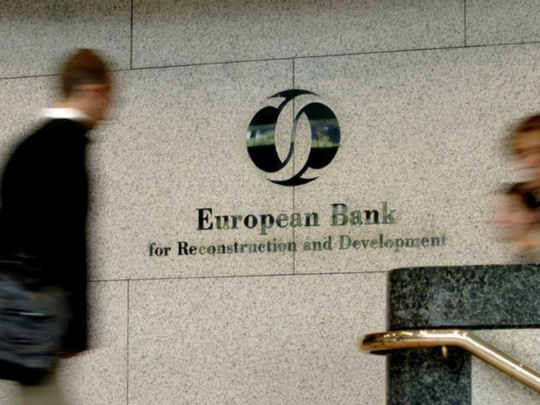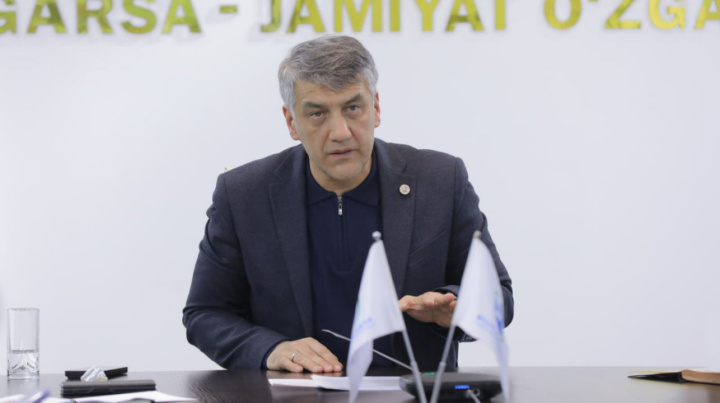After a six-month decline, the inflation rate expected by Uzbeks has again rushed up, the Central Bank reports.
The average inflation forecast from the population was 14.2%, an increase of 1.2 percentage points compared to last month. The median reached 11.6%, also up more than a percentage point from the previous survey.
At the same time, the figures still remain noticeably lower than last year or at the beginning of this year. As of January, the average level of inflation expectations reached 18.9%, and the median exceeded 15%.
Of the study participants, 30% assume that the rate of price growth will remain in the range of 9-12%. At the same time, the number of respondents expecting them to slow down has noticeably decreased, and the share of those expecting further acceleration has increased.
Exchange rate dynamics are increasing their influence on inflation forecasts – in August it was noted by 70% of respondents. The second place was taken by the rise in prices of fuel and energy resources with 43%.
Next among the factors are increased wages with benefits (36%), pressure from monopolies (33%) and speculative price increases (32%). At the same time, the share of growth in housing and communal services costs decreased to 27%.
Entrepreneurs surveyed by the Central Bank give higher inflation forecasts for the second month in a row. At the same time, they are still below the January peak level.
The average level of inflation expectations among businesses in July rose to 14.4% (+0.9 percentage points). The median level was noticeably lower – 11.8%.
Exchange rate fluctuations also play a major role in shaping expectations here – 71% of respondents. It is followed by the dynamics of fuel prices (38%), increases in wages and benefits (30%) and transportation costs (25%).
Other factors were mentioned less frequently compared to July – rising utility costs (24%), tax burden (18%) and problems with energy supply (17%).





